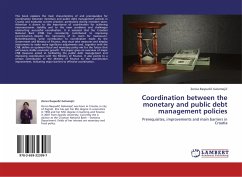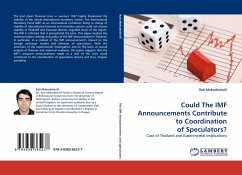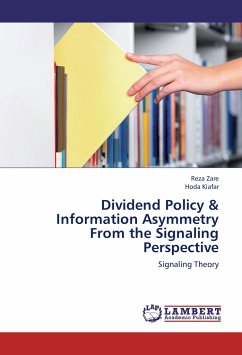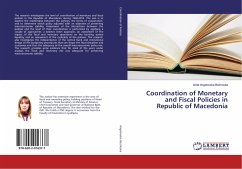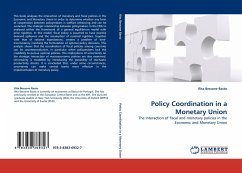
Coordination and Signaling
in a Global Auction Game
Versandkostenfrei!
Versandfertig in 6-10 Tagen
32,99 €
inkl. MwSt.

PAYBACK Punkte
16 °P sammeln!
I study the coordination problem of a continuum of agents that compete in an auction on public debt subject to default. The auction is a global game where agents hold incomplete information about the fundamentals of the economy, namely the costs associated with default. I show that there exists a unique symmetric equilibrium, in contrast with the results obtained under complete information. I then add a costly policy choice on debt-financed public spending, made prior to the auction, to see whether the policy maker can affect the coordination outcome; it turns out that the public signal convey...
I study the coordination problem of a continuum of agents that compete in an auction on public debt subject to default. The auction is a global game where agents hold incomplete information about the fundamentals of the economy, namely the costs associated with default. I show that there exists a unique symmetric equilibrium, in contrast with the results obtained under complete information. I then add a costly policy choice on debt-financed public spending, made prior to the auction, to see whether the policy maker can affect the coordination outcome; it turns out that the public signal conveyed by the policy restores agents' ability to coordinate and therefore multiplicity of equilibria because intervention signals intermediate fundamentals. These equilibria are different from the complete information benchmark: there are sets of beliefs that sustain the unique symmetric equilibrium irrespectively of the policy choice, while others that entail equilibrium strategies such that bidders will bid high rates if and only if the policy fails to lower spending; the policy maker is then subject to self-fulfilling market expectations.




